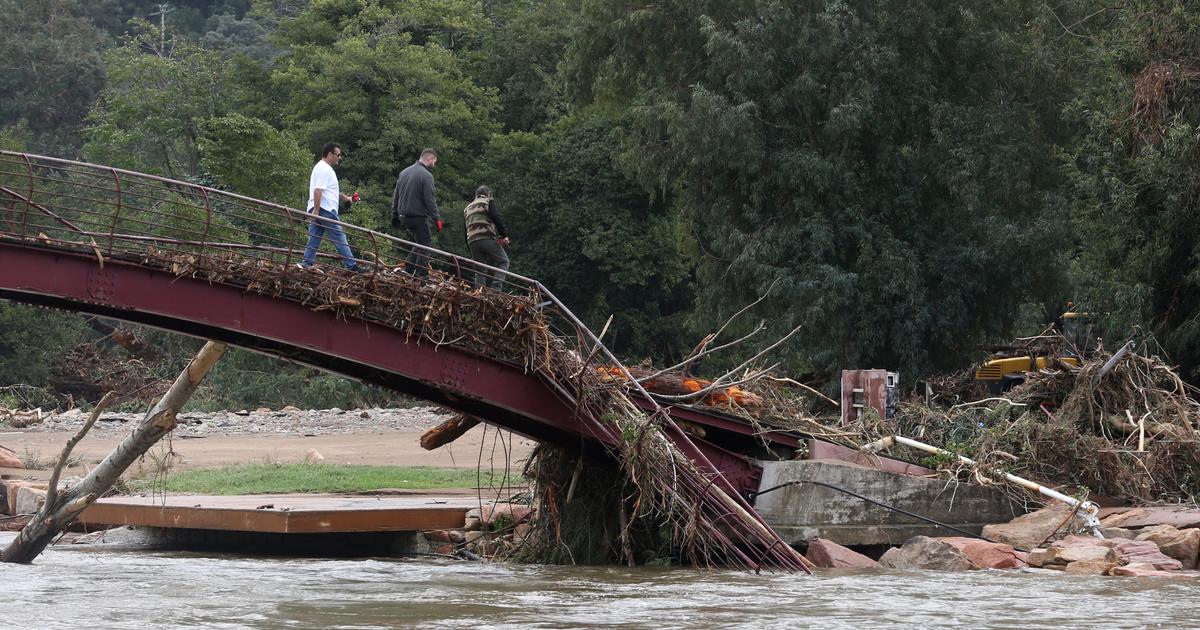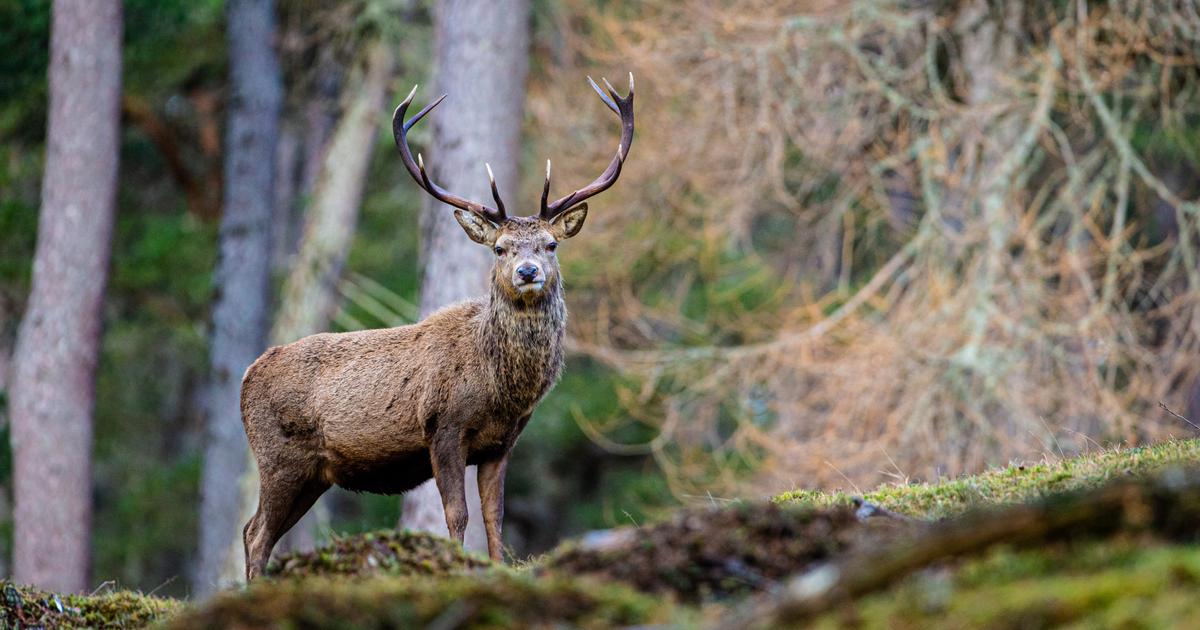Enlarge image
Dam in the Harz Mountains under water shortage
Photo: Jacob Maibaum / Getty Images
Forests under stress, more extreme weather: With climate change, there is an increasing threat of damage to nature's cycles in Germany over the next few decades, but also to the infrastructure and the economic system.
While the effects of global warming have so far been felt very differently from region to region, there is a threat of consequences throughout Germany, from the coasts and river banks to the mountains, as the climate impact and risk analysis 2021 for Germany published in Berlin (KWRA 2021) shows.
Adaptation to climate change is therefore already unavoidable.
The analysis is carried out every six years on behalf of the federal government - most recently in 2015 - and is described as the most comprehensive study in Germany.
Experts from 25 federal authorities and institutions as well as from nine ministries that work together in the authority network "Climate Change and Adaptation" were involved.
»Compared to 2015, many risks have increased significantly.
Our natural foundations of life, such as soils, forests and bodies of water, are particularly affected, ”said Federal Environment Minister Svenja Schulze (SPD).
"In the scenario of severe climate change, many more regions and more and more areas of life and the economy will be affected by the middle of the century."
Hundreds of effects of climate change
And at some point this change will also affect people directly.
"At the beginning of the impact chains there are almost always changes in natural systems and resources and at the end of many impact chains there is often human health," it is stated.
The authors looked at a hundred effects of climate change and their interactions. Two scenarios were examined for the period up to the year 2100. A pessimistic case assumes a strong climate change: plus 3 degrees towards the middle of the century as an annual mean and compared to the early industrial period. An optimistic case describes a weaker climate change with a rise in temperature of 2.4 degrees. The analysis deals with the consequences for nature, livelihoods, health, everyday life and the economy.
»Around 1950 there were an average of three days a year in Germany when it was hotter than 30 degrees Celsius. It's currently been ten days, ”says Schulze. That means: heat waves, forest fires, droughts, water scarcity, heavy rain, floods. "These are the first and sometimes devastating consequences that show us that we cannot simply let climate change run wild and adapt to the consequences."
The President of the Federal Environment Agency, Dirk Messner, said the most important measure was to reduce greenhouse gas emissions.
“We have effective measures to manage this crisis.
As long as we stay in the range and in the corridor of two degrees of global warming, we believe that we are well armed if we actually act now, ”he said and mentioned other methods in agriculture, the conversion to climate-stable mixed forests and better protection of the Coastlines and a dramatic reduction in water pollution and overuse.
Sponge cities with lots of trees
Road surfaces would have to be more heat-resistant and permeable to water and air. "There are limits to adaptation," he warned. "If we fail to stabilize climate change around two degrees, then we could find ourselves in situations where adaptation is either becoming more and more expensive or could simply overwhelm us."
Measures are also necessary in settlement areas.
“We have to build differently.
We need cities that, thanks to lots of green spaces and unsealing, want to soak themselves up like a sponge with water without damaging houses and infrastructure.
Sponge City! ”He said.
"Germany needs more trees in the cities, more green on the roofs, more space for the rivers and much more," says Schulze.
It has to be done quickly, because many measures take time to take effect.
"It takes a city tree to grow and provide shade in overheated cities," she warned.
joe / dpa / AFP





/cloudfront-eu-central-1.images.arcpublishing.com/prisa/CPCAPBNNZFHSDDUPITKV6D3I3A.jpg)



